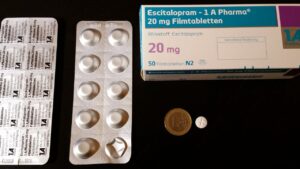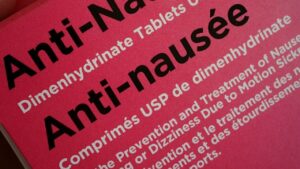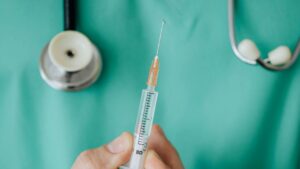Understanding, Coping, and Seeking Help
Soma, also known by its generic name carisoprodol, is a muscle relaxant commonly prescribed to alleviate pain and discomfort associated with musculoskeletal conditions. However, prolonged use and misuse of soma can lead to physical dependence and withdrawal symptoms when attempting to quit. In this blog, we’ll delve into the world of soma withdrawal symptoms, exploring their effects on the body, strategies to cope with them, and the importance of seeking professional help during this challenging phase.
Understanding Soma Withdrawal Symptoms
Soma withdrawal symptoms occur when the body becomes accustomed to the presence of the drug and adjusts its functioning accordingly. When soma use is suddenly stopped or significantly reduced, the body reacts as it readjusts to functioning without the drug’s influence. Common soma withdrawal symptoms include:
- Anxiety and Irritability: Feelings of restlessness, nervousness, and irritability are common during soma withdrawal. The body’s sudden lack of the drug’s calming effects can trigger heightened anxiety.
- Insomnia: Difficulty falling asleep or staying asleep is a common withdrawal symptom. This can contribute to further irritability and mood disturbances.
- Muscle Aches and Pains: Soma is a muscle relaxant, and its withdrawal can lead to a rebound effect, causing muscle stiffness, aches, and pains.
- Headaches: Withdrawal from soma can trigger headaches or migraines, which can be severe in some cases.
- Nausea and Vomiting: Gastrointestinal disturbances such as nausea and vomiting can occur as the body adapts to the absence of soma.
- Tremors and Shakes: Tremors, muscle twitches, and shaky hands are possible withdrawal symptoms as the nervous system readjusts.
- Elevated Heart Rate: Some individuals may experience an increased heart rate, palpitations, or a sensation of the heart racing.
Coping Strategies During Soma Withdrawal
- Gradual Tapering: Abruptly stopping soma can intensify withdrawal symptoms. A supervised tapering schedule, under the guidance of a medical professional, can help reduce the severity of withdrawal.
- Stay Hydrated: Drinking plenty of water can help alleviate some physical symptoms and maintain overall well-being.
- Healthy Nutrition: Eating nutritious meals can support your body’s healing process and provide essential nutrients.
- Regular Exercise: Engaging in light exercise, such as walking or stretching, can help reduce muscle tension and improve mood.
- Relaxation Techniques: Practicing relaxation techniques like deep breathing, meditation, and mindfulness can help manage anxiety and promote a sense of calm.
- Seek Support: Reach out to friends, family, or support groups to share your experience and receive emotional support.
- Professional Help: If you’re struggling with severe withdrawal symptoms, consider seeking help from a medical professional or addiction specialist. They can provide guidance and potentially prescribe medications to manage symptoms.
The Importance of Professional Help
Soma withdrawal can be challenging, especially if the dependence has been long-standing or the dosage was high. Seeking professional help during this phase is crucial for several reasons:
- Medical Supervision: Medical professionals can assess your individual situation, monitor your health, and recommend an appropriate tapering schedule to minimize the risk of severe withdrawal.
- Medication Management: In some cases, medications can be prescribed to alleviate specific withdrawal symptoms, making the process more manageable.
- Emotional Support: Addiction specialists can offer emotional support, guidance, and coping strategies to navigate the emotional and psychological aspects of withdrawal.
- Preventing Relapse: Professional help not only addresses withdrawal symptoms but also equips you with strategies to prevent relapse and build a foundation for lasting recovery.
- Customized Approach: Every individual’s withdrawal experience is unique. Professional help ensures that your treatment plan is tailored to your specific needs and circumstances.
Soma withdrawal symptoms can be challenging to navigate alone. Understanding the symptoms, employing coping strategies, and seeking professional help are crucial steps toward a successful withdrawal process. Remember that you’re not alone, and there are resources and professionals available to support you on your journey to recovery. Taking the initiative to seek help demonstrates your commitment to a healthier and more fulfilling life beyond soma dependence.











